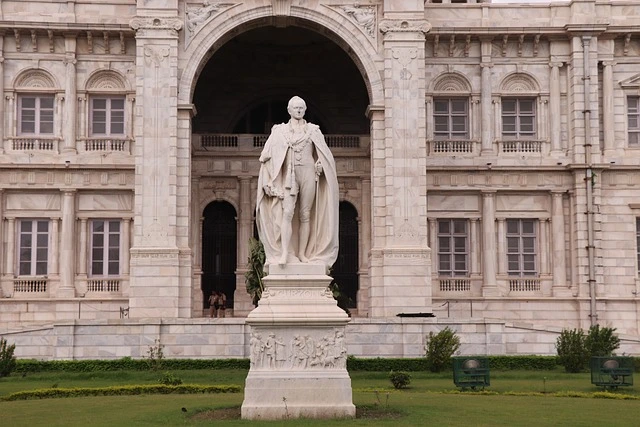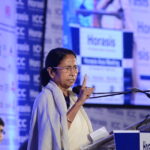In a significant development concerning higher education governance in West Bengal, Governor C.V. Ananda Bose has submitted a sealed report to the Supreme Court detailing his objections to the appointment of vice-chancellors in 17 state-run universities. This move follows the state government’s recommendations for these positions, which the Governor has not approved.
Background of the Dispute
The controversy stems from the appointment process of vice-chancellors in West Bengal’s universities. The state government, led by Chief Minister Mamata Banerjee, had recommended candidates for these positions based on a shortlist prepared by a committee headed by former Chief Justice of India U.U. Lalit. While the Governor approved appointments for 19 universities, he withheld consent for 17 others, including prominent institutions like Calcutta University and Jadavpur University.
Supreme Court’s Involvement
The Supreme Court, upon receiving the sealed report, has requested Justice U.U. Lalit to review the Governor’s objections. The court noted that Justice Lalit might not have had access to the materials now presented by the Governor during the initial shortlisting process. The matter has been adjourned for further hearing to ascertain Justice Lalit’s availability for this review.
Governor’s Justifications
According to sources, the Governor’s reservations are based on comprehensive background checks and reports obtained from credible sources in the academic field. These findings, which were not available during the initial selection process, have led to the Governor’s decision to withhold approval for the 17 recommended candidates.
State Government’s Position
The West Bengal government has expressed concerns over the delay in appointments, emphasizing the importance of filling these positions to ensure the smooth functioning of the universities. The state argues that the recommendations were made following due process and based on the committee’s shortlist.
Implications for Higher Education
This ongoing dispute highlights the complexities involved in the governance of higher education institutions in India, especially concerning the roles and responsibilities of state governments and governors. The outcome of this case could set a precedent for future appointments and the autonomy of educational institutions.
Events247.in will continue to monitor this developing story and provide updates as more information becomes available.



